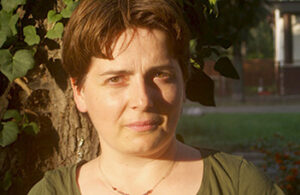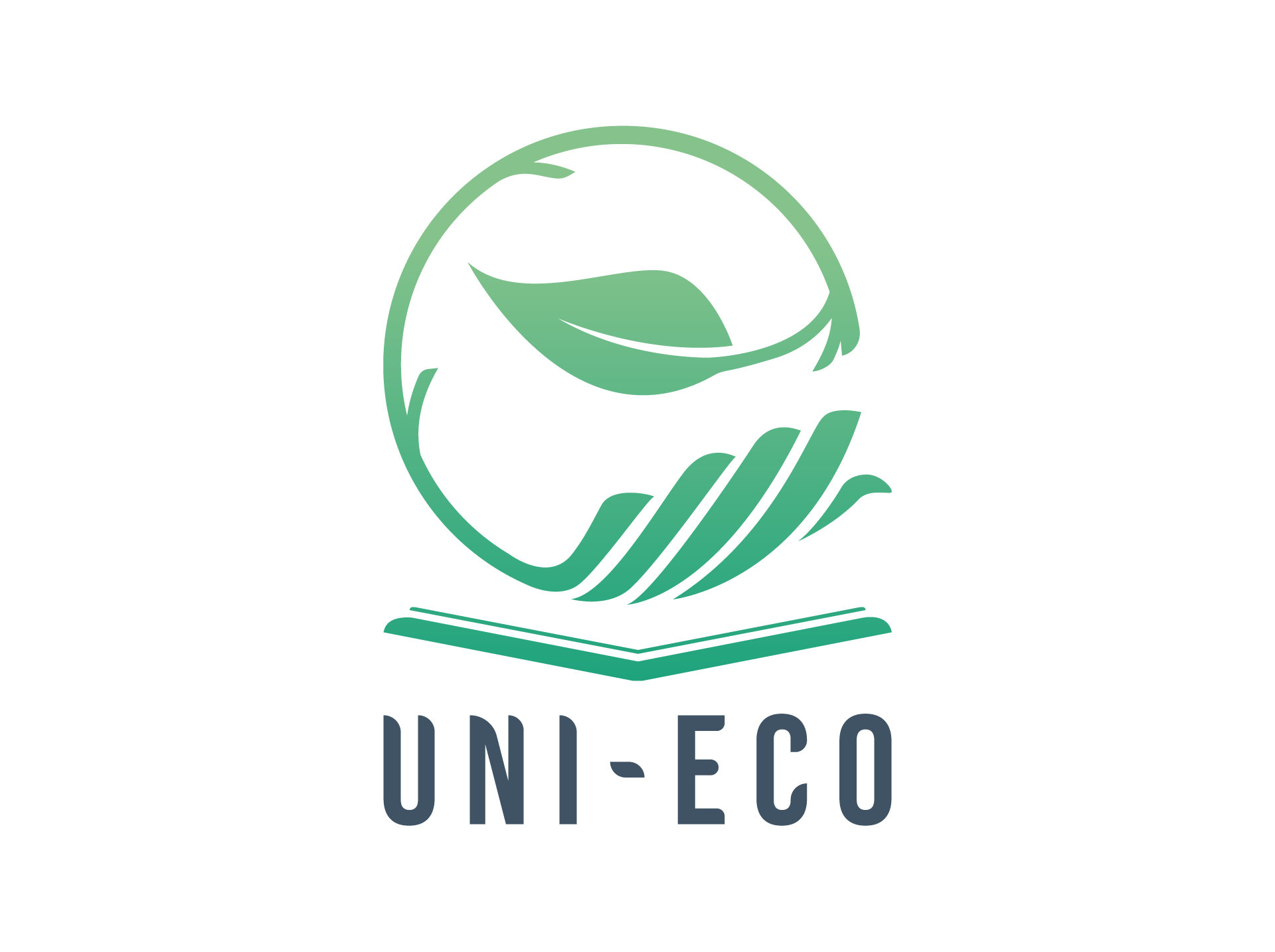Module description
Welcome to the Climate action: Water UNI-ECO Module!
Earth is often referred to as the “Blue Planet” because oceans cover more than 70% of its surface. However, only a tiny part of our water reserves are accessible and potable. The United Nations (UN) General Assembly explicitly recognised the human right to water and sanitation in 2010 and acknowledged that clean drinking water and sanitation are essential to realising all human rights.
Do we have water for everyone and all purposes?
Recently, there has been massive pressure on providing water in the light of severe droughts, and we had to recognise the limited availability of this precious resource. Furthermore, the crucial role of water in sustainability is reflected in the UN's Sustainable Development Goals (SDGs). Water is directly or indirectly linked to many goals. We cannot realise good health, economic growth, clean energy, innovation, peace and justice, maintaining biodiversity and reducing poverty, famine and inequality without water because water stands either in the forefront or in the background of all these sustainable development goals.
So, we need to value water as it is essential for life.
By completing this module, you will learn the facts and issues related to water use. We will also provide some household practices to help you proceed toward sustainable water use.
Module learning outcomes
Upon successful completion of this module, learners will be able to:
- Recognise water use patterns and their complex consequences;
- Define and explain basic water terms to others;
- Identify sustainable water use practices in daily life;
- Deploy water-conserving measures at home and work;
- Reflect on personal water use.
Module teaching staff


Viktória Mudra, mudra.viktoria@kancellaria.elte.hu
Viktória Mudra is a practicing teacher of Hungarian as a foreign language, having graduated from ELTE Eötvös Loránd University at the Faculty of Humanities (Hungarian Letters and Hungarian as a Foreign Language). In addition to her studies, she attended the human ecology programme at the university.
She started dealing with university environmental protection in 2008 as the leader of a grassroots sustainability movement, ELTE Together for Environmental Consciousness (ELTE EKSZ). This programme admits 50 to 200 volunteers (mainly students) annually into university sustainability working groups.
She works as a civic leader and as the university’s sustainability coordinator (waste management, biodiversity and attitude formation). Currently, the main topic she is working on with the sustainability working groups is the integration of the UN SDGs and university policies. She has been an expert on the UNI-ECO project participating since 2019.
Ádám Tóth, toth.adam@ttk.elte.hu
Ádám Tóth is an Earth scientist and an Assistant Professor in hydrogeology at the Department of Geology, ELTE Eötvös Loránd University. He is studying the distribution and movement of groundwater in the rocks to explore groundwater and related geothermal resources. He has expertise in surface water - groundwater interaction, ecohydrogeology, fluid dynamics and exploration geophysics. He is the coordinator of the Water track in the Global Challenges for Sustainability Masters’ programme offered by CHARM-EU.
Additional resources
For more information about Water, to supplement the content of the module, take a moment to review these additional resources
Context of the module relative to Climate Action
Water is the primary medium through which we feel the effects of climate change. Water availability is becoming less predictable in many places, and increased incidences of flooding threaten to destroy facilities and contaminate water sources.
Climate change elevates water scarcity and thereby negatively impacts global health.
More floods and severe droughts are predicted. Changes in water availability also concern health and food security and have already proven to spark conflicts and trigger mass migration and political instability.
Water plays a pivotal role in how the world mitigates and adapts to the effects of climate change. The impact of climate change may be alleviated through integrated climate-smart water management, including agriculture and economy, and sustainable water use practices.
To begin the module, click on "Water: Unit 1 - Check your knowledge" below.
